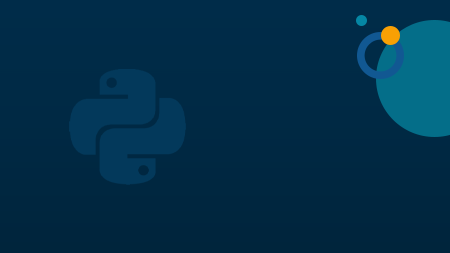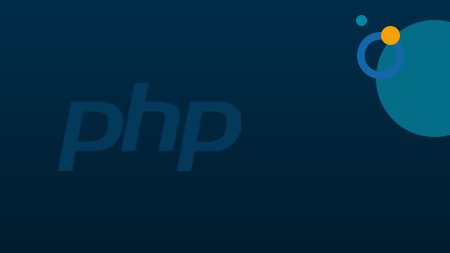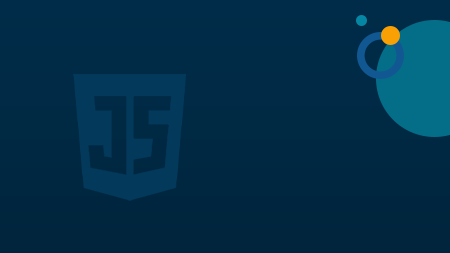
This course is designed to teach individuals how to build web applications and websites using the Laravel PHP framework. Laravel is a popular and powerful framework known for its elegant syntax, robust features, and developer-friendly tools, making it an excellent choice for web development projects.
In summary, this course provides individuals with the knowledge and skills needed to build modern web applications and websites using the Laravel PHP framework. Whether you're pursuing a career in web development or looking to enhance your web development skills, this course offers a comprehensive foundation in Laravel web development concepts and practices.
The content of this course includes the following key topics:
Introduction to Laravel: An overview of Laravel, its features, and its advantages for web development.
Setting Up the Development Environment: Installing and configuring Laravel, PHP, and web servers.
Laravel Routing: Creating routes to define URL endpoints and route requests to controllers.
Controllers: Creating and managing controllers to handle HTTP requests and responses.
Views and Blade Templating: Building dynamic web pages using the Blade templating engine.
Middleware: Implementing middleware for request filtering, authentication, and authorization.
Eloquent ORM: Working with Laravel's Eloquent ORM for database interactions, including querying, relationships, and migrations.
Database Integration: Integrating databases, such as MySQL or PostgreSQL, into Laravel applications.
Authentication and Authorization: Implementing user authentication and authorization systems.
Form Handling and Validation: Creating forms, processing form data, and validating user inputs.
RESTful API Development: Building RESTful APIs for mobile apps or external integrations.
File Uploads and Storage: Handling file uploads and managing storage using Laravel's filesystem.
Laravel Artisan: Using the Artisan command-line tool for tasks like database migrations, seeding, and code generation.
Frontend Development: Integrating frontend frameworks like Vue.js or React.js for dynamic user interfaces.
API Authentication: Implementing API authentication mechanisms, such as JWT or OAuth.
Testing: Writing and running tests to ensure application reliability and quality.
Deployment: Deploying Laravel applications to web hosting services or cloud platforms.
Security Best Practices: Addressing common security vulnerabilities and applying best practices.
Performance Optimization: Optimizing application performance and handling caching.
Real-World Projects: Applying Laravel web development concepts to practical web application projects.
Enrolling in this course offers several benefits:
Web Development Skills: Provides valuable skills for web development using a popular and in-demand PHP framework.
Career Opportunities: Opens doors to roles as web developer, Laravel developer, full-stack developer, or backend developer.
Rapid Development: Enables faster development of web applications with Laravel's built-in features and tools.
Robust and Scalable Applications: Develops applications that are scalable, maintainable, and secure.
Community and Ecosystem: Connects individuals with the Laravel community and ecosystem of packages and resources.
Entrepreneurship: Empowers entrepreneurs to build web-based products and startups.
Continuous Learning: Encourages staying updated with the latest Laravel updates and best practices.


